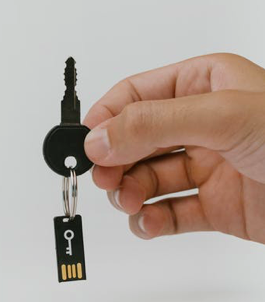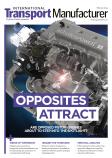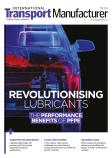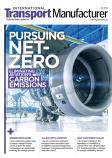
Cybersecurity has been in the news lately with high-profile attacks on US meat packers and fuel payment systems. This is how the transport industry is responding.
Alstom has invested €100,000 in Campus Cyber SAS, an organisation attempting to unify the cybersecurity community and develop synergies between industry players. The company hopes that joining this group will enhance existing rail systems’ cybersecurity capabilities and help drive the rail industry towards a cyber-safe future.
The centre, in La Défense near Paris is scheduled to open later this year. Eddy Thésée, vice president of cybersecurity at Alstom notes, “This will be the first campus in the world with a focus on the rail sector. Alstom is actively forming a partnership to ensure that the rail industry is equipped to tackle cybersecurity challenges all over the world. Leveraging expertise from other sectors to boost the ongoing development of cybersecurity solutions designed for mobility will ensure a rapid and resilient response to operators’ demand.”
Alstom has created a white paper outlining its strategy, downloadable here.
Cybersecurity on the road
Speaking of white papers, Horiba MIRA has also completed a cybersecurity study recently, with the focus very much on best practice in the auto industry.
Part of an ongoing series, the study is entitled Why automotive cybersecurity is different (download here). Anthony Martin, head of vehicle resilience technologies at Horiba MIRA explains, “The extensive, varied and challenging risk that cybersecurity poses in an automotive context presents a very distinct set of challenges for the industry to navigate. Horiba MIRA’s automotive cybersecurity expertise informs this most recent paper which spans the risks, the new regulatory context and the dual approach of security-aware design and managing the ongoing vehicle operation. While complete indemnity from evolving cybersecurity risk cannot be achieved, risk can be managed to an acceptable level to protect road users from serious harm, while helping to preserve the brand reputation of vehicle and component manufacturers.”
The company is getting ready for UNECE Regulation 155 with a UNECE readiness programme, peer-to-peer training and a CSMS audit programme to benchmark regulatory preparedness.

















